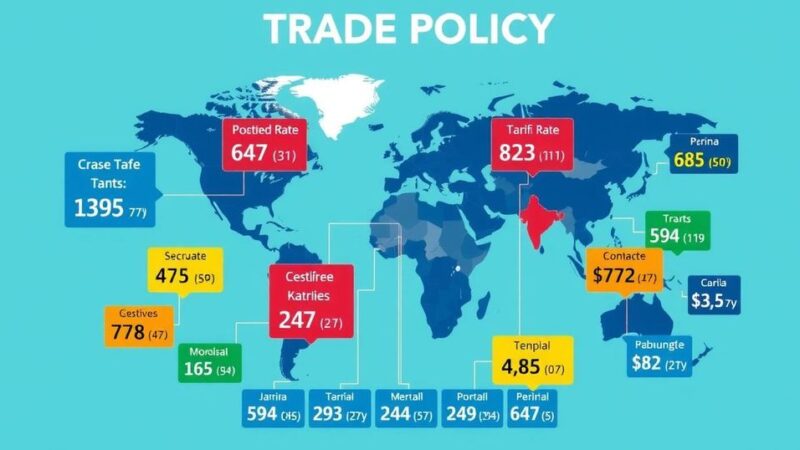Kenya is seeking a new agreement with the IMF as its current program ends. The nation faces $80 billion in debt, with debt servicing consuming two-thirds of its revenue. Protests have arisen over proposed tax hikes. The IMF has halted the ninth review of the existing lending program due to Kenya’s failure to meet targets, indicating the need for better tax policy to secure future funding.
Kenya has announced its intention to seek a new agreement with the International Monetary Fund (IMF), as the current program is set to conclude. Despite being regarded as a key economic player in the East African region, Kenya faces approximately $80 billion in both external and domestic debt. Notably, the country dedicates two-thirds of its annual revenue to debt servicing, limiting funds available for essential services such as health and education, and tax hikes have met resistance from the public.
Following formal communication from Kenyan authorities, the IMF confirmed plans to move forward with discussions regarding a new program. Notably, IMF officials have agreed to forgo the ninth review of the ongoing $3.6 billion lending initiative, originally established in 2021, which is expected to finish in April, with a final disbursement of $606 million scheduled for October. However, the specifics of any forthcoming program remain undetermined.
Churchill Ogutu, an economist with IC Group, observed that the decision to abandon the ninth review was anticipated due to Kenya’s failure to meet IMF-imposed targets, particularly regarding tax increases. He noted the risk of not securing further funding if these conditions are not met. Looking forward, Ogutu posited that Kenyan authorities might pursue a more favorable tax policy to circumvent protests similar to those experienced last year over proposed tax increases.
In conclusion, Kenya’s pursuit of a new IMF agreement comes amid significant economic challenges, including substantial debt levels and limited fiscal capacity for vital services. The abandonment of the ninth review highlights the need for Kenya to reassess its tax policies to ensure compliance with IMF targets. The future of this new agreement will be critical in shaping the nation’s economic recovery and stability.
Original Source: www.jacarandafm.com






